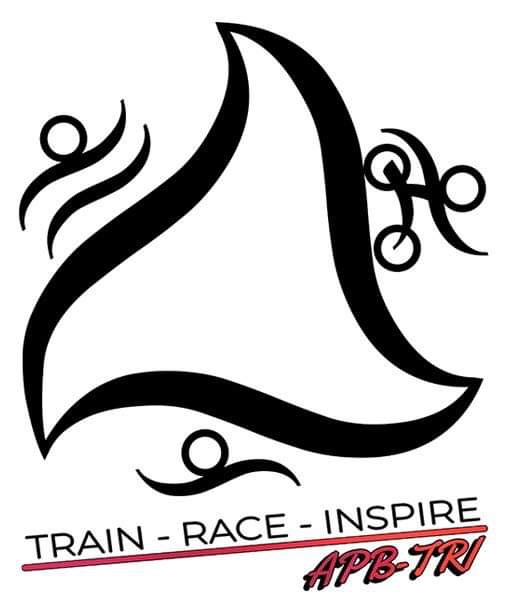When I first got into running, I just enjoyed going for a run. It was before all the smartphones and GPS. Based on a few treadmill runs, I had a general idea of my pace and I would estimate the distance off of that. I avoided workouts I didn’t like.

I hated speed work, too. And strength training? Forget it! It may not have been the wisest approach, but it brought me across the finish line of the Baltimore Marathon, Marine Corps Marathon, Vermont City Marathon and Luray Olympic Distance Triathlon. My performance wasn’t really improving though and the triathlon was pretty miserable. So when I decided to do a half ironman triathlon, I knew I had to change approach. I needed a plan. Since I already knew that I can’t be left to my own devices, I hired a coach. My main fear was that on my own, I will stick to comfortable, enjoyable workouts and not progress as much as I could. I also didn’t want a cookie-cutter plan because those don’t allow for much flexibility of individual variables. My schedule is a bit tricky, so I needed professional advice.
I think when others undertake journeys like mine, they face the same dilemma: should I hire a coach? Or just find a free, pre-made plan?
Making it up as you go on your own
If you aren’t a professional, this is a dubious approach. If you do enough reading, you may be able to patch together some sort of a plan and make it to the finish line, but you won’t rise to your full potential. You are also risking not getting there by missing something important.
Pre-made plan
Pros:
Finding a training plan for your event in a book or online can be a wonderful idea! They are either free or very cheap. If you make sure they come from a good source, they have been tested by hundreds (if not thousands) of people and they work.
Cons:
It’s one size fits all. And that may not be good for you for variety of reasons. For example if you have old injuries, it may not deal with them well. It’s not as bad for running, but when you get into more complex sports, such as triathlon, it may be harder to truly understand each component. Majority of triathletes do strength training. Online plan may only say ‘strength training’ and you may not know what to do. Even worse: not being knowledgeable about weight lifting, you might hurt yourself. The other thing is that pre-made plans don’t allow for curve balls life will throw at you. Can you honestly say that for 12 weeks you won’t get sick, your kids won’t sick or work won’t make you skip a workout?
Online coach
Pros:
I know quite a few people who go this route. It’s definitely cheaper than getting an in-person coach and you get somebody who will actually look at your performance and tailor workouts to your specific needs and abilities.
Cons:
If you have issues with things such as form, an inline coach won’t be of much help. They won’t be there for your weight training, telling you which exercises to do and how to do them.
In-person coach
Pros:
You get a very personalized training plan. There is somebody there for you when you need help with form or to address specific problems. Based on my personal experience, a good coach can help prevent or even fix some injuries.
Cons:
The first obvious con is that having a coach in person tends to be expensive. You may also get somebody who is not great. I have seen enough people with questionable qualifications say that they are personal trainers. This may be risky and they may do more to hurt than help you. Risk of unqualified coach can be mitigated by looking into their background. Keep in mind though: just because they did a sport doesn’t mean they are an expert in coaching somebody in that sport. Last con: you have to work with their schedule. You probably won’t be doing all of your workouts with the coach, but you will need a time for the two of you to meet on a regular basis.
What is the best solution?
Well, it depends. If you are just an average person with an easy schedule, pre-made plan may be all you want. I would suggest actually blending online coach and an in person coach for sport novices and people with difficult life schedule. Online coach will be able to advise what to do when life throws you a curveball or your body doesn’t react to training the way it was expected. I think that in-person coaches are also amazing to help address specific shortcomings. For example, many people struggle with improving their swim. Recurring theme here is poor form. In these cases, a proper swim coach would be the best choice for getting better. However, it’s not a full time commitment. A couple of sessions may be all you need!
